New Initiatives
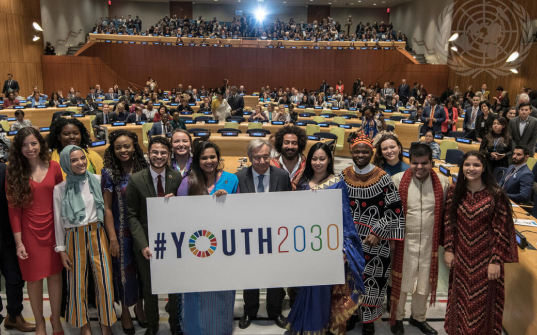
UN Photo/Mark Garten
YOUTH PEACE AND SECURITY
How can youth participation increase the legitimacy and sustainability of peace processes? read more
New Publications
A New Agenda for Peace outlines Secretary-General António Guterres' vision for multilateral efforts for peace and security, based on international law, for a world in transition. It reflects on today’s peace and security threats – including the changing conflict landscape; persistent violence outside of conflict environments; the potential weaponization of new technologies; rising inequalities; shrinking civic space; and the climate emergency – and emphasizes how violations of the UN Charter and a pushback against human rights, in particular women’s rights, represent a significant normative challenge.
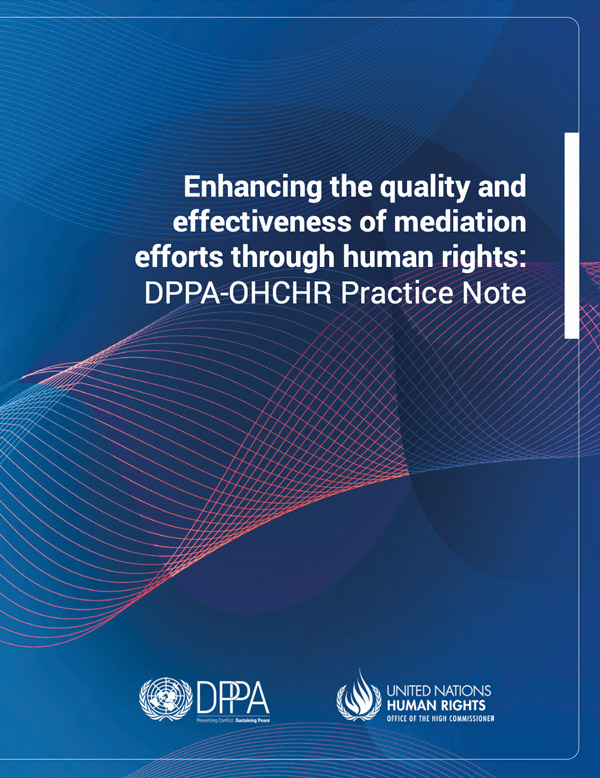
This practice note, a DPPA-OHCHR collaboration, delves into practical strategies and real-world examples to help mediators and human rights practitioners weave human rights principles and considerations into their work in general and in every step of mediation efforts specifically. The note shows that human rights offer practical solutions to many of the challenging issues that mediators try to address.
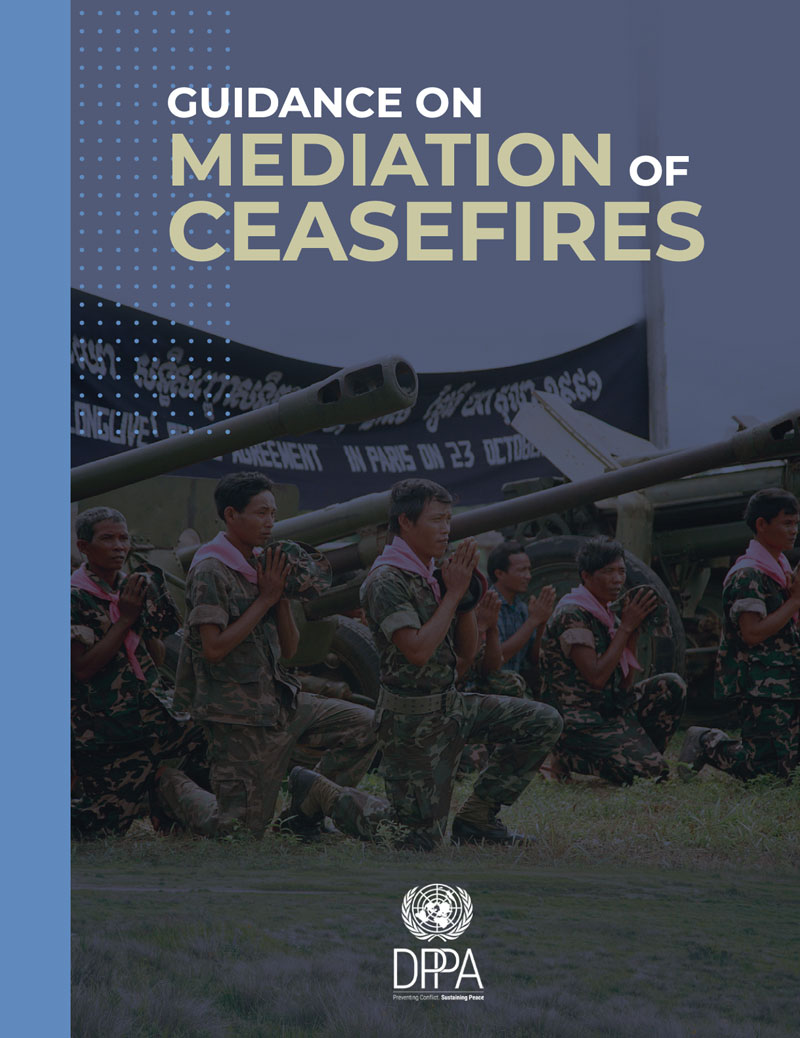
The Guidance is designed to support United Nations senior leader- ship and staff, mediators, and facilitators within and outside the UN, along with their teams, conflict parties, representatives of States and regional organizations, national and international non-governmental organizations, women’s groups and other stakeholders in peace processes.
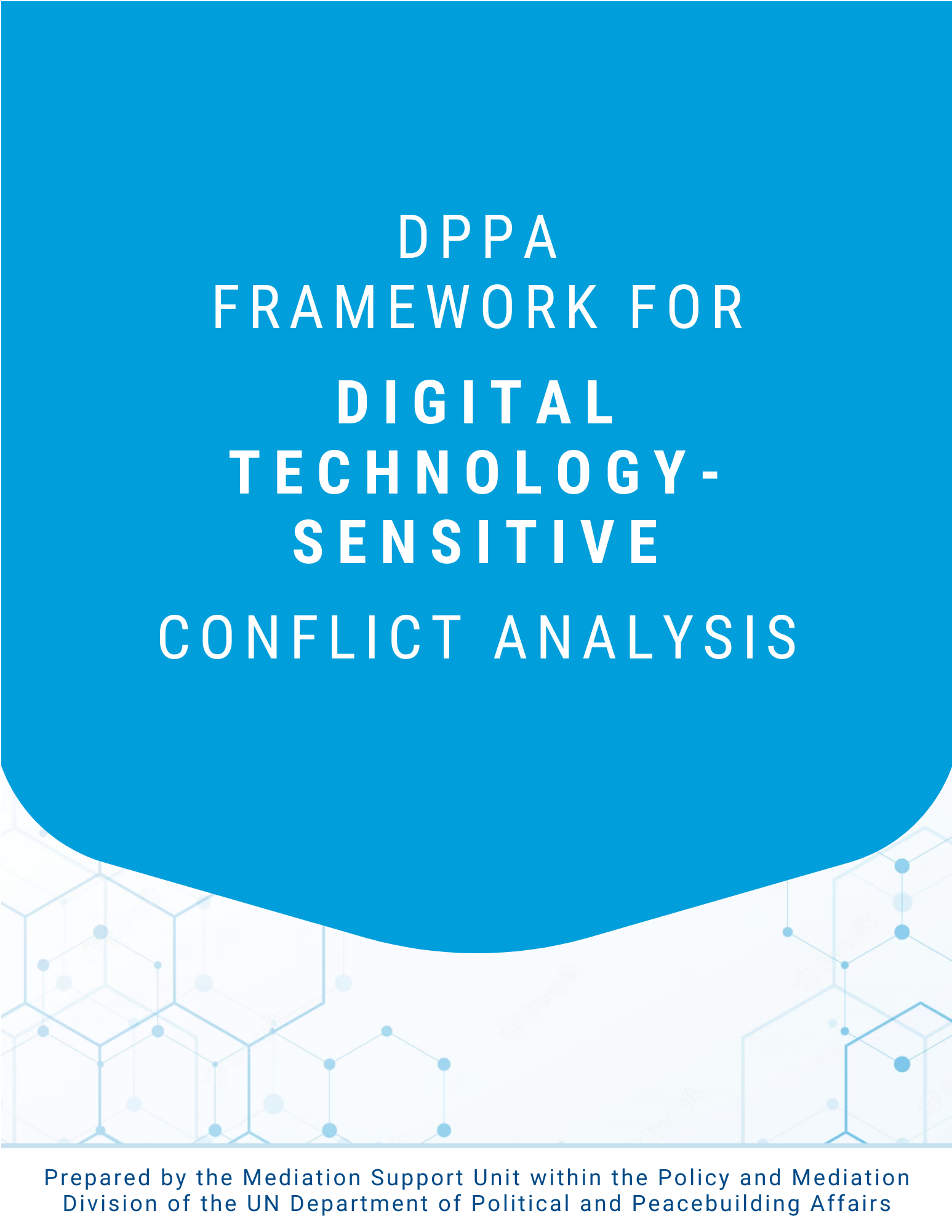
Digital technologies are also changing the character of conflict as parties increasingly rely on them to advance their objectives. Mediators and their teams need to consider additional factors such as the digital ecosystem of a given setting and how digital technologies and related data issues influence the power dynamics of a conflict. To address these new developments and help mediators and political affairs officers navigate the issues, the DPPA Policy and Mediation Division has prepared a Framework for Digital Technology-sensitive Conflict Analysis.
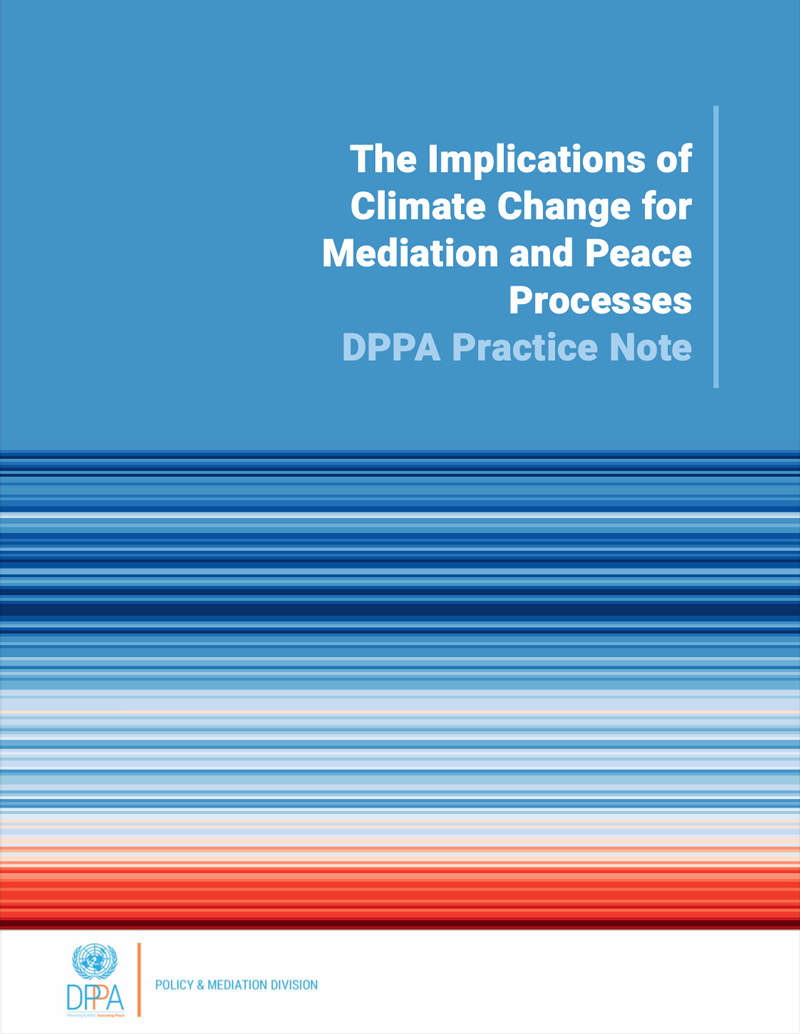
New thematic pages

UN Photo/Mark Garten
Youth Peace and Security
How can youth participation increase the legitimacy and sustainability of peace processes?
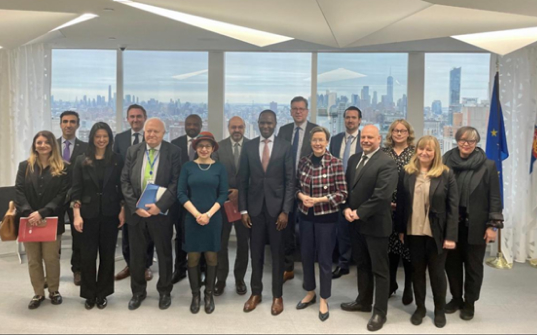
UN Photo
Religion and Mediation
MSU supports system-wide efforts to deepenunderstanding of the intersection between religion and mediation and isproviding the tools to broaden collaboration with faith-based actors inaddressing conflict and violence.
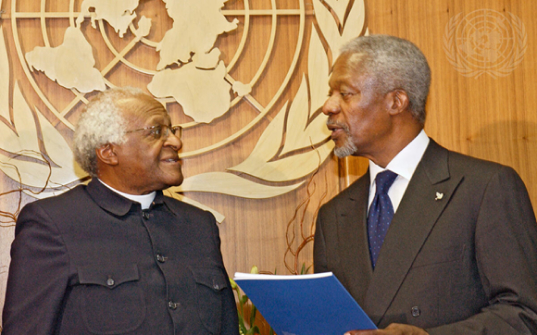
UN Photo/Rick Bajornas
Reconciliation, Transitional Justice and Human Rights
Legacies of serious past crimes can be extremelydifficult to address during peace processes. MSU supports UN mediators and their teams, parties to conflict, andpartner organizations who are confronting questions of justice and reconciliation in such contexts.
